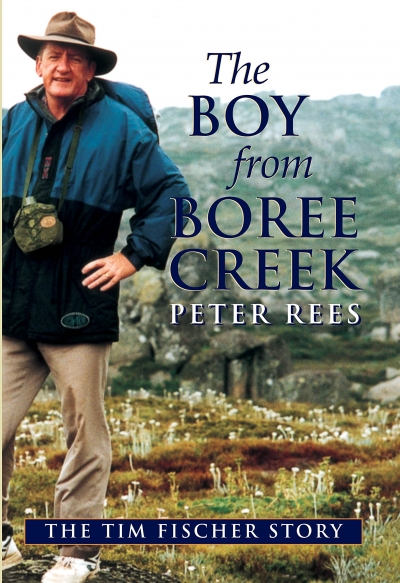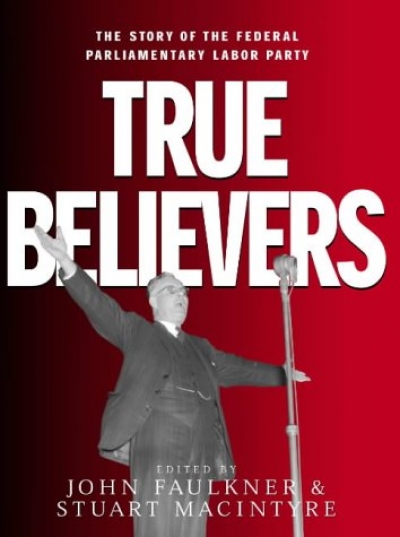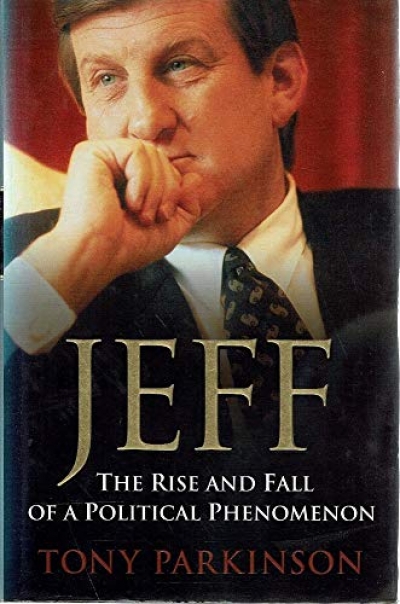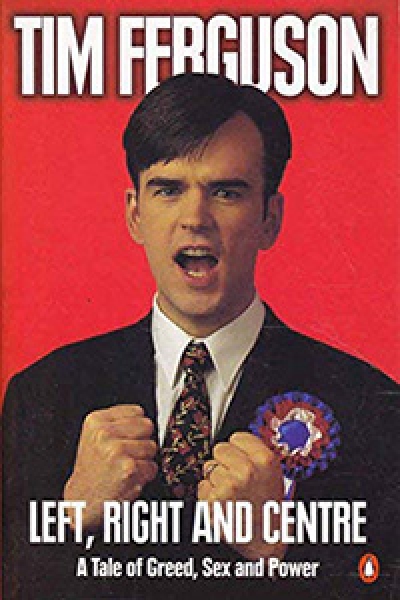Australian Politics
The True Life of Jimmy Governor by Laurie Moore and Stephan Williams
by Peter Pierce •
Drugs and Democracy: In search of new directions by editors Gregory Stokes, Peter Chalk, and Karen Gillen
by Desmond Manderson •
True Believers: The story of the Federal Parliamentary Labor Party edited by John Faulkner and Stuart Macintyre
by Ross Fitzgerald •
Jeff: The rise and fall of a political phenomenon by Tony Parkinson
by Andrew Kaighin •
Two Nations: The causes and effects of the rise of the One Nation Party in Australia edited by Robert Manne
by Dennis Altman •
Left, Right and Centre: A tale of sex, greed and power by Tim Ferguson
by Simon Clews •
To Constitute a Nation: A cultural history of Australia’s constitution by Helen Irving
by Ross Fitzgerald •










